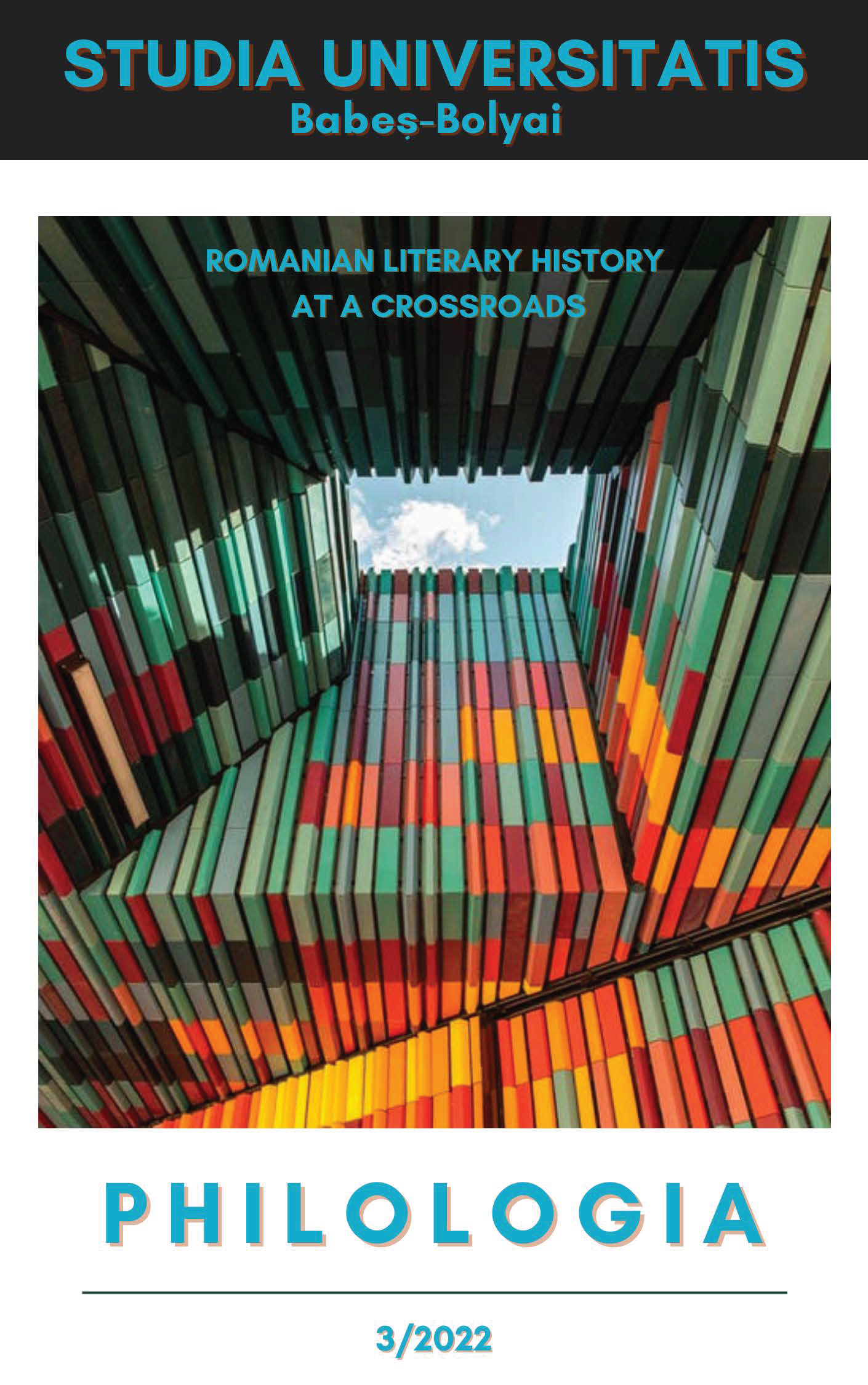INTERVIEW: BRIAN Ó CONCHUBHAIR
INTERVIEW: BRIAN Ó CONCHUBHAIR
Author(s): Brian Ó ConchubhairSubject(s): Philology
Published by: Studia Universitatis Babes-Bolyai
Keywords: Interview; Brian ó Conchubhair;
Summary/Abstract: Q: Literary history, be it national, local, or regional, is perhaps the most conservative form of literary study, with many claiming that the method is outmoded. What can literary histories do to overcome both the risk of obsolescence and their inherent conservatism?A: Literary historians have grappled with this challenge since at least the early 1960s, a time when revolution was blowing in the wind, as demands for individual rights and freedoms came to the fore in the United States and on European campuses. In a 1963 essay entitled ‘Is Literary History Obsolete?’ College English (Vol. 24, No. 5) Robert E. Spiller addressed this question in the context of what was then an exciting and emerging ‘New criticism.’ His rebuttal, some six decades later, merits consideration. There is, he contends, a process of cross-breeding between two or more kinds of history. Events in one area of human experience have a habit of growing out of conditions in other areas. He cites, as examples: the French revolution and A Tale of Two Cities, and American whaling and Moby Dick. Similarly, he argues, significant historical events relate to one or more key personalities whose thoughts and actions precipitated it: battles are always associated with generals (Washington, Wellington or Lee); political events with statesmen (Gladstone, Webster, Bismarck) and changes in the history of thought with thinkers (Locke, Darwin or Marx). Spiller expressed concerns at aesthetic, rhetorical and linguistic analysis dominating basic college textbooks and required courses to the near exclusion of the survey or background course. Such a trend was becoming so prevalent that any suggestion of a historical reference was, he observed, considered ‘distracting, superficial, even at times (it would almost seem) immoral.’ He would not have fared well in the intervening years. Cultural Theory is now so entrenched that history literary courses seem antiquarian if not antediluvian. Yet, his warning that “Research in literature had become what Professor Lowes of Harvard once called, ‘Learning more and more about less and less,’” holds some merit. Professors have long despaired of freshman writing skills, but more alarming is the growing disinclination of undergraduates to read large amounts of primary material in the American university system. The norm would now appear to be a short story or two per week rather than a collection per week.
Journal: Studia Universitatis Babes-Bolyai - Philologia
- Issue Year: 67/2022
- Issue No: 3
- Page Range: 31-36
- Page Count: 6
- Language: English

